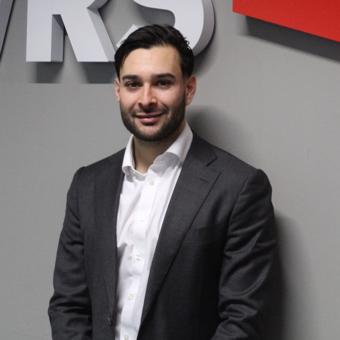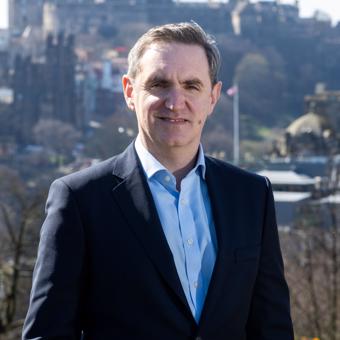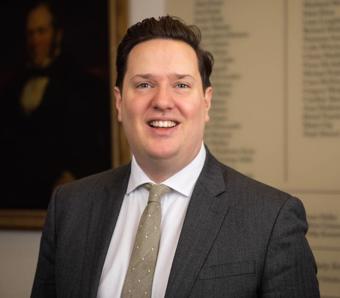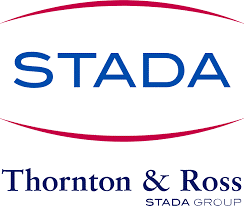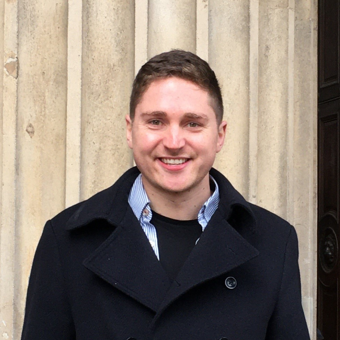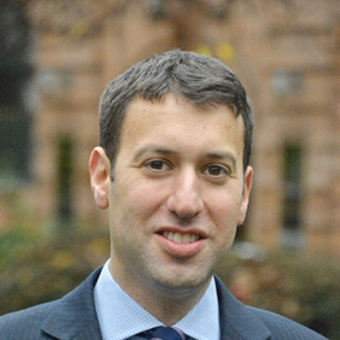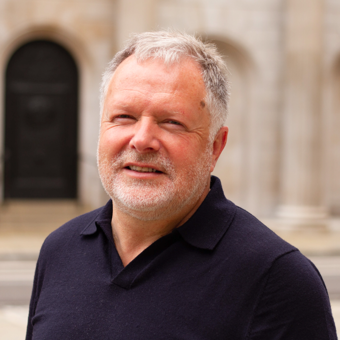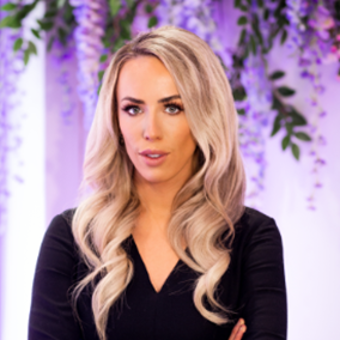The Future of Law – The Society for Computers and the Law
So it started with a LinkedIn message; usually they’re from recruiters trying to offer me paralegal jobs in litigation and are swiftly dispatched but I actually read this one. Annabelle Gold-Caution, solicitor in the Technology, Outsourcing and Privacy team at Fieldfisher, messaged to ask whether I’d fancy being part of a panelist for the Society of Computers and Law at an event in Manchester. Never one to miss an opportunity for rampant self promotion, I glossed over the “computers” bit - candidly, it’s been nearly twenty years since I could call myself an IT lawyer without having to cough down a massive lie - and said yes.
Annabelle told me that she and Felicity Parsons from Pinsent Masons were putting on the event for young lawyers interested in the Tech sector and the future of law. So far, so good. I might not be a “tech” lawyer but I work with some of the best IP lawyers in the world and Thermo Fisher Scientific sits right at the cutting edge of scientific discovery with an annual R&D spend of over 800 million dollars. I’m in, I can do this.
The night arrives and I pitch up at the Royal Exchange. My fellow panelists are all here and I have a seat next to the quietly fabulous Nick Rudgard of Addleshaw Goddard who is always a reassuring presence in any team. We’re joined by Ellen Flood of Powerlinks Media, Nicola Frost of UK Fast, John Hardy of Hardy and Ellis Inventions and Tom Ward of Fieldfisher. The room is full and I’m delighted to see a diverse audience full with bright, young female lawyers and a good smattering of their male colleagues.
The chat is lively, we’re schooled by the 12 year old son of an audience member about not including “perseverance” as a critical attribute of any lawyer in this sector - he’s right, it takes perseverance and resilience to succeed and he sets the tone for some great questions about AI, whether lawyers will be replaced by automation, how the profession will progress and change, why diversity is critical to the progression and future of our profession and how we articulate our value. My fellow panelists share the wealth of their own experiences and I’m in awe of their skills and knowledge.
My perspective? Automation and AI won’t replace lawyers but it will take away the bulk repetitive tasks which for too long have stretched the resources of legal departments. Some of our work will disappear and we will have to get far better at properly articulating our value proposition - what we really bring to the table.
As a profession, my sense is we have to get far better at listening; not only to our clients and “what’s in it for them” but to all the people who make up our ecosystem - senior lawyers and leaders do not have a monopoly on good ideas, we need our junior lawyers, our IT colleagues, all our colleagues and our customers to help us better move forward in this the 4th Industrial Revolution. New communication skills are vital - if you haven’t got a reverse mentor yet, I would recommend it to any senior leader. Talk regularly to people from a different generation with open ears and an open mind, you will learn something which may change your business.
I walk away from this event feeling optimistic for the future of our profession. I can’t wait to read about the successful careers of our audience and sincerely hope they are the change we need to see.
www.thermofisher.com/
http://www.fieldfisher.com
www.pinsentmasons.com
https://www.scl.org/

